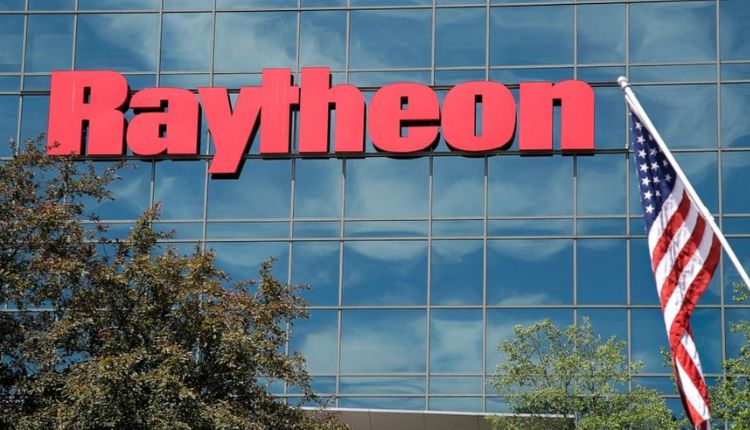Raytheon Technologies (NYSE:RTX) is an American multinational defense and aerospace company that primarily serves the United States Armed Forces. It is yet another defense company that is based out of Virginia, joining other rivals like Northrop Grumman (NYSE:NOC) and General Dynamics (NYSE:GD). While the original Raytheon was founded way back in 1922 as a refrigeration and appliance company, the business as we know it today was formed in 2020 when Raytheon was spun off from the split of United Technologies. Raytheon is one of the largest defense companies in the world with a current market capitalization of over $121 billion.
Raytheon is well diversified and has four primary subsidiaries in Collins Aerospace, Pratt & Whitney, Raytheon Intelligence & Space, and Raytheon Missiles and Defense. Each of these divisions plays a role in the company’s overall success. Collins Aerospace is the largest division with over 67,500 employees across 46 different countries and over 30,000 patents owned in the industry. It is currently innovating the future of combat by designing vehicles that can vertically lift out of danger. Pratt & Whitney designs and builds the world’s foremost jet engines and has over 11,000 commercial engines and 7,000 military engines currently in service.
Raytheon Intelligence & Space provides militaries with cyber security and software solutions for aerospace technology. Over 66% of the world’s airspace is managed by Raytheon’s systems. Finally, Raytheon Missiles and Defense designs and builds air and ground missile defense systems. It also builds command and control systems and radars to detect any potential incoming threats.
Raytheon Technologies Dividend history
Raytheon currently pays out an annualized dividend yield of about 2.67% higher than the S&P 500, and with a payout ratio of about 70%. Like General Dynamics, Raytheon has longevity on its side. You can make the argument that the stock is a dividend aristocrat, given that United Technologies raised its dividend for 26 consecutive years before splitting off into its various segments. Since the split, Raytheon has continued raising dividends, which means that if it raises the dividend again this year, it would mark the 28th consecutive year.
The company’s free cash flow in the second quarter of this year came in at $800 million, with a projected full year outlook of $6.0 billion in free cash flow. Raytheon and its peers like Lockheed Martin (NYSE:LMT) and Caterpillar (NYSE:CAT) continue to bring in high cash flows and therefore can be counted on to continue raising dividends no matter what the current economic climate is.
Is Raytheon Technologies a Good Investment?
In terms of global defense players, Raytheon is up there as one of the most important companies. The stock has held up fairly well over the past year with modest losses which were likely offset by dividend payments. With its position as an honorary dividend aristocrat, it should be fairly clear that Raytheon is a foundational stock for any diversified portfolio. Defense stocks like Raytheon have proven to be valuable investments in any sort of market environment.

